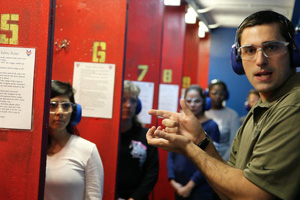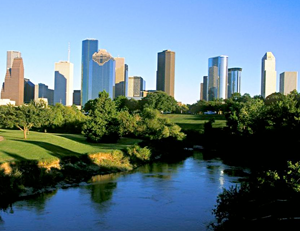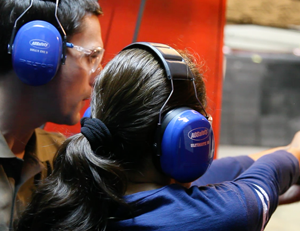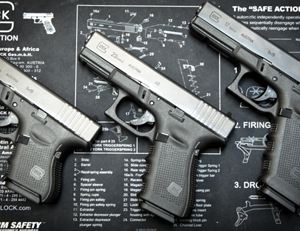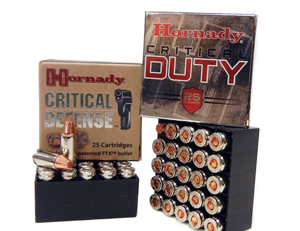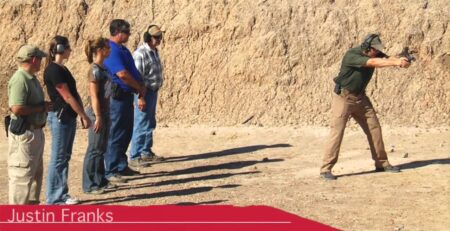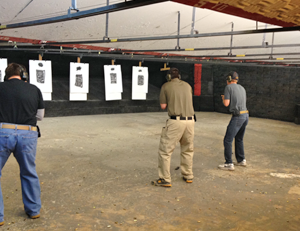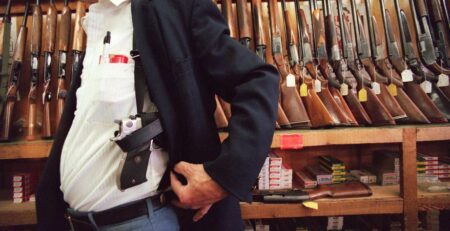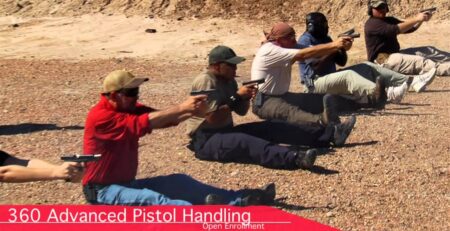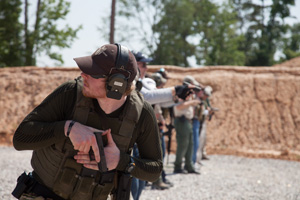
19
KNOWING WHEN TO SHOOT AND WHEN NOT TO SHOOT
The Importance of Firearms Training
Just about anybody can grasp the basics of firearms safety if they take the time to read and heed the manual that comes with the new firearm that they just purchased, but being able to use it effectively and safely at the same time is another story all together. In this case, let’s use concealed carry as the example. Concealed carry permits are issued by several states with the requirement that you attend a state sponsored basic firearms training course prior to receiving a permit. Good, but not great. Other states issue permits without any requirement for basic firearms training. BAD!
A firearm, in this case a pistol, is a tool like any other that you may have in the shop. Like many tools it can be lethal if misused or handled improperly, in the case of a pistol there is also the fact that you very well may be imprisoned for improper use of it even if you thought you were in the right. For those that choose to carry a concealed pistol, it is imperative that you receive the proper training on when and when not to draw your weapon, and even more importantly when to actually discharge it if you have to draw.
Across the nation there are ranges with accredited instructors that hold classes on these specific subjects, the old excuse of “I was afraid for my life” does not cut it anymore. If you are involved in a shooting where you are the shooter, you can bank on the fact that you will be going through miles of red tape to justify your actions. Knowing when not to shoot is just as important as knowing when to shoot, getting charged for murder or manslaughter for defending yourself or your family is a very real possibility if the situation is not handled correctly (even then, there have been cases where the individual was more than right in their actions, but was charged with a crime anyways).
There is also the aspect of safety, shooting yourself in the leg when drawing your weapon kind of defeats the purpose (unless you are counting on the bad guy to die of laughter). Accidental discharge is an all too common occurrence that can be prevented in most cases. If you own a pistol (or own and carry a concealed pistol) and you have not have had any formal training, I strongly suggest that you attend a safety and defensive shooting course. Not only will it significantly cut the odds of an accidental injury to yourself or others, in the case of an actual shooting incident it can be a really good point in your favor that you were trained when and when not to shoot.
]Courses in your local area are the best option as they are usually tuned to match with the local lethal force guidelines and applicable laws. The Second Amendment is in place for a good reason, but it is up to all of us to ensure that the bearing of arms is done in a responsible, and safe, manner that does not endanger the rights that the Second Amendment guarantees (or send you to jail in the process defending yourself or your family on a technicality).
Citizen Zero Posted in News and Other Preparedness Related Articles |

19
KNOWING WHEN TO SHOOT AND WHEN NOT TO SHOOT
The Importance of Firearms Training
Just about anybody can grasp the basics of firearms safety if they take the time to read and heed the manual that comes with the new firearm that they just purchased, but being able to use it effectively and safely at the same time is another story all together. In this case, let’s use concealed carry as the example. Concealed carry permits are issued by several states with the requirement that you attend a state sponsored basic firearms training course prior to receiving a permit. Good, but not great. Other states issue permits without any requirement for basic firearms training. BAD!
A firearm, in this case a pistol, is a tool like any other that you may have in the shop. Like many tools it can be lethal if misused or handled improperly, in the case of a pistol there is also the fact that you very well may be imprisoned for improper use of it even if you thought you were in the right. For those that choose to carry a concealed pistol, it is imperative that you receive the proper training on when and when not to draw your weapon, and even more importantly when to actually discharge it if you have to draw.
Across the nation there are ranges with accredited instructors that hold classes on these specific subjects, the old excuse of “I was afraid for my life” does not cut it anymore. If you are involved in a shooting where you are the shooter, you can bank on the fact that you will be going through miles of red tape to justify your actions. Knowing when not to shoot is just as important as knowing when to shoot, getting charged for murder or manslaughter for defending yourself or your family is a very real possibility if the situation is not handled correctly (even then, there have been cases where the individual was more than right in their actions, but was charged with a crime anyways).
There is also the aspect of safety, shooting yourself in the leg when drawing your weapon kind of defeats the purpose (unless you are counting on the bad guy to die of laughter). Accidental discharge is an all too common occurrence that can be prevented in most cases. If you own a pistol (or own and carry a concealed pistol) and you have not have had any formal training, I strongly suggest that you attend a safety and defensive shooting course. Not only will it significantly cut the odds of an accidental injury to yourself or others, in the case of an actual shooting incident it can be a really good point in your favor that you were trained when and when not to shoot.
]Courses in your local area are the best option as they are usually tuned to match with the local lethal force guidelines and applicable laws. The Second Amendment is in place for a good reason, but it is up to all of us to ensure that the bearing of arms is done in a responsible, and safe, manner that does not endanger the rights that the Second Amendment guarantees (or send you to jail in the process defending yourself or your family on a technicality).
Citizen Zero Posted in News and Other Preparedness Related Articles |

